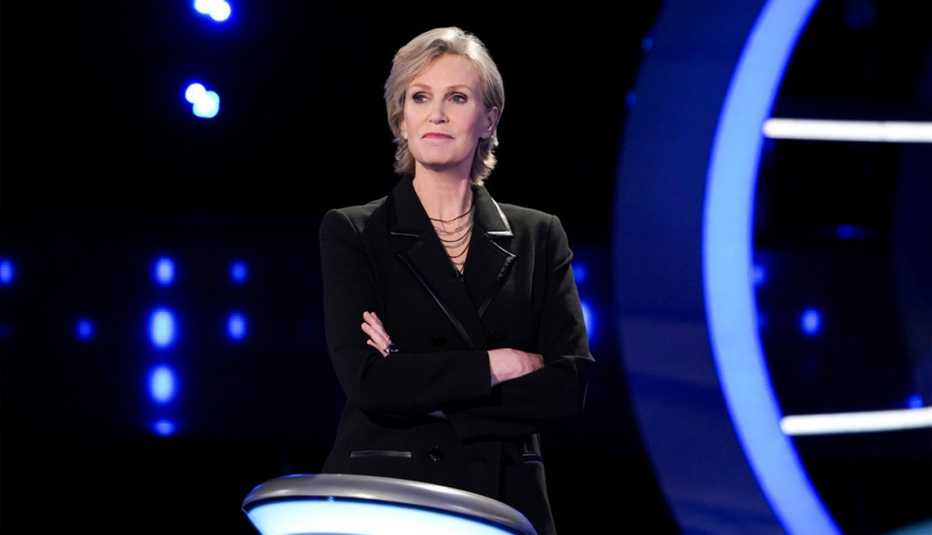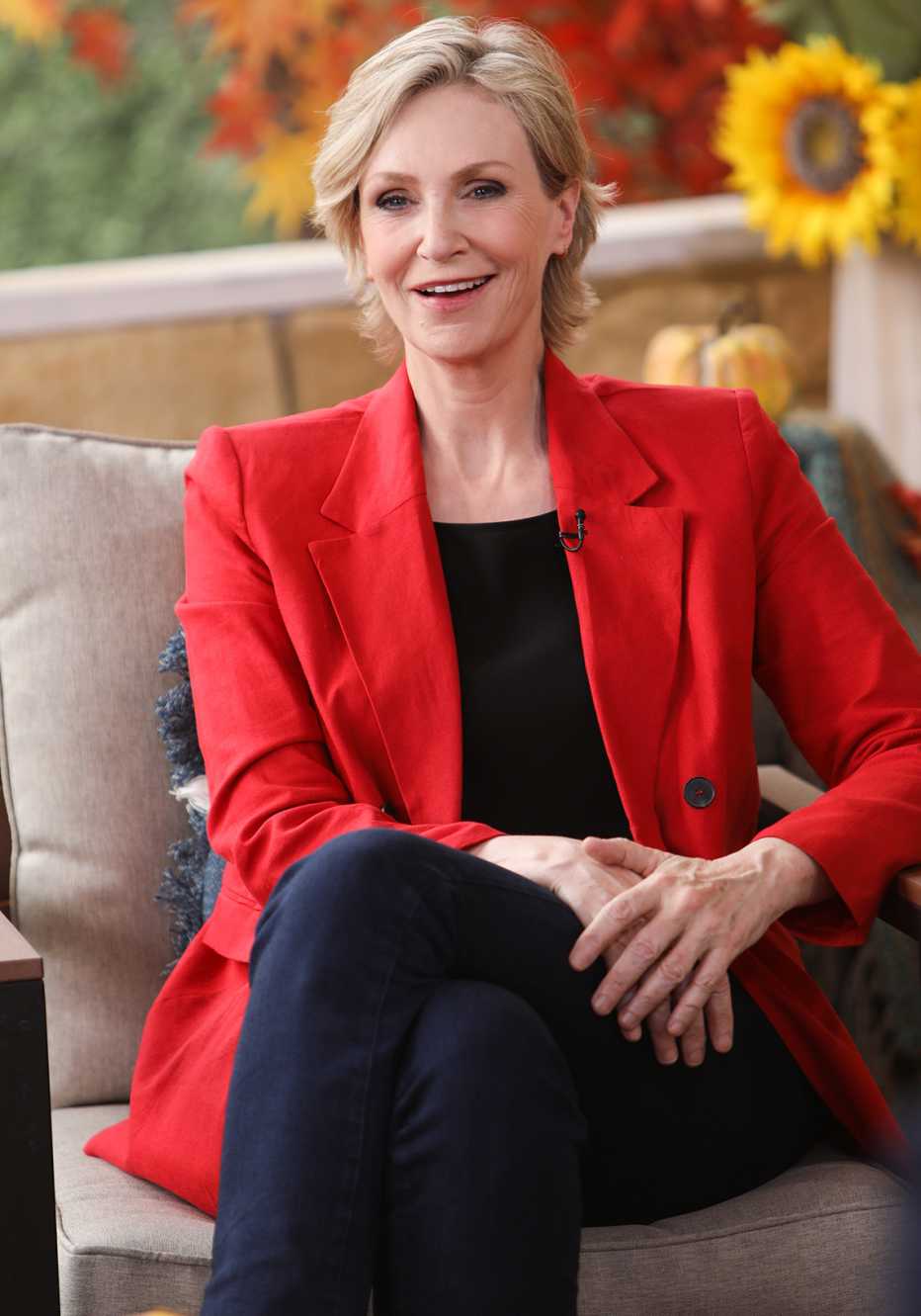Staying Fit


This week, Jane Lynch takes on the iconic hosting gig of the rebooted game show Weakest Link (Tuesdays, starting Sept. 29, at 8 p.m. ET, on NBC). The comic, actress and singer, known for her roles on Glee and in films including Best in Show, talks with AARP about her comedy idols and crushes, her rescue dogs and why she disappointed herself during quarantine.
Why we'll love Weakest Link
It's really approachable but also much higher than pop culture. The Weakest Link is based on the BBC format: We talk about NASA, history, astronomy and literature. You have to read a couple of books to answer the questions; you had to have paid attention in high school. That's why I like that. It's a little more taxing to the brain. You learn so much, and it's such great competition, too. Nine people compete, and they have to try to work as a team, but only one of them is going to end up with the money.


AARP Membership— $12 for your first year when you sign up for Automatic Renewal
Get instant access to members-only products and hundreds of discounts, a free second membership, and a subscription to AARP the Magazine.
Taping a show during a pandemic
We're all together on the same stage. I'm about 8 feet apart from them; they're about 6 feet apart from each other. We built this wonderful set. In the original the audience was always in black and you barely hear them, so we just eliminated them.
Why she wouldn't want to be a contestant on a quiz show
I liked watching them growing up, but I don't like playing games. This is my second hosting gig [after Hollywood Game Night], and I'm a frequent player on 25 Words or Less, a syndicated show. I don't like game night, but I do like that trivia stuff.
On playing herself playing a host
What's the little machination, the negotiation I do with my personality when I do this? It's just another form of me. I pick and choose particular things. I have to be in charge and exert a certain amount of authority so those are there. I'm not playing a character at all; I'm playing certain aspects of myself as a game show host. I'm playing Jane Lynch if she were a game show host.
Her quiz-show-host idol
I loved what Anne Robinson did with [the original] Weakest Link — that kind of severe-schoolmarm thing. I can tell when the host is good, and I hold myself to that same level. I'll be myself. On Hollywood Game Night, I'm hugging everybody, going “That's OK” [when they lose]. In this one I'll be a little more harsh but with a wink, because I'm a nice person. I don't want anyone to feel bad for too long.


































































More From AARP
She’s Best in Show: The Fabulous Jane Lynch Hits Broadway
The ‘Glee’ star tells AARP about ‘Funny Girl,’ ‘The Marvelous Mrs. Maisel’ and returning cult favorite ‘Party Down’Behind the Scenes at Carol Burnett’s 90th Birthday TV Special
Lily Tomlin, Julie Andrews, Steve Carell and more honor TV's immortal comedienne
The 10 Greatest Teachers in TV History
From 'Our Miss Brooks' to Lily Tomlin, these characters are at the head of the class